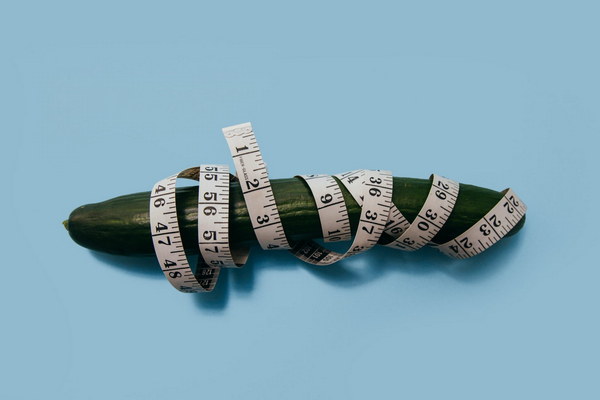Does Drinking Mugwort Tea Really Help Expel Dampness
In traditional Chinese medicine, mugwort (Ai Ye) is often recommended as a natural remedy for expelling dampness from the body. But does drinking mugwort tea really help in reducing dampness? Let's delve into this question and explore the benefits, uses, and potential side effects of mugwort tea.
Understanding Dampness in Traditional Chinese Medicine
In TCM, dampness is considered a common cause of various health issues, such as fatigue, weight gain, and digestive problems. It is believed that dampness originates from an imbalance in the body's Yin and Yang, leading to a buildup of excess fluid and dampness in the body. This imbalance can be caused by factors like overeating, living in damp environments, or excessive intake of cold and raw foods.
Mugwort Tea as a Natural Remedy
Mugwort tea is made from the dried leaves of the mugwort plant (Artemisia argyi). It has been used in TCM for centuries and is believed to have various health benefits, including expelling dampness. Here are some reasons why mugwort tea is thought to help reduce dampness:
1. Diuretic Properties: Mugwort tea is known to have diuretic properties, which means it can help increase urine production and promote the elimination of excess fluid from the body.
2. Stimulates Digestion: TCM practitioners believe that mugwort tea can stimulate digestion and improve the function of the gastrointestinal tract, which can help in reducing dampness.

3. Detoxification: Mugwort tea is believed to have detoxifying properties, which can help in removing impurities and promoting overall health.
4. Warming Effect: It is thought that mugwort tea has a warming effect on the body, which can help in combating the cold and dampness associated with dampness-related health issues.
How to Prepare and Consume Mugwort Tea
To make mugwort tea, simply steep 1-2 teaspoons of dried mugwort leaves in hot water for about 5-10 minutes. You can sweeten it with honey or add a slice of lemon for added flavor. It is recommended to consume mugwort tea 2-3 times a day, especially in the morning and evening.
Potential Side Effects and Precautions
While mugwort tea is generally considered safe for most people, it is important to be aware of potential side effects and precautions:
1. Allergic Reactions: Some individuals may experience allergic reactions to mugwort, so it's important to consult a healthcare professional before trying mugwort tea if you have known allergies.
2. Pregnancy and Breastfeeding: Pregnant or breastfeeding women should avoid consuming mugwort tea, as it is not considered safe during these times.
3. Blood-Thinning Effects: Mugwort tea may have blood-thinning properties, so individuals with bleeding disorders or those taking blood-thinning medications should consult their healthcare provider before consuming it.
4. Interactions with Other Medications: Mugwort tea may interact with certain medications, so it's essential to inform your healthcare provider about any supplements or medications you are currently taking.
In conclusion, while there is no scientific evidence to confirm that mugwort tea can effectively expel dampness, traditional Chinese medicine practitioners have long believed in its benefits. If you are considering drinking mugwort tea, it's best to consult with a healthcare professional to determine if it's suitable for your specific health needs and to ensure that it won't interact with any medications or conditions you may have.









